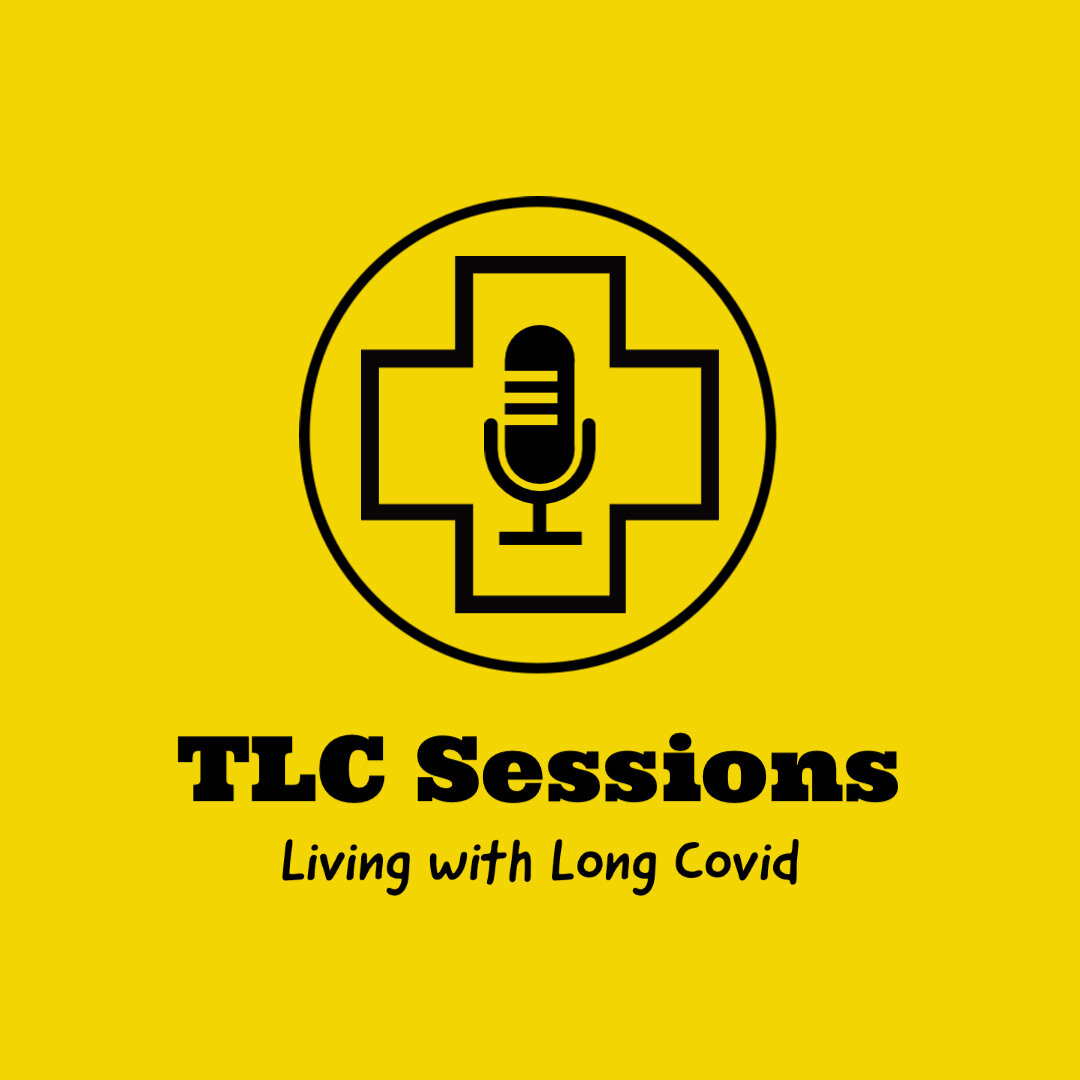Episode 69: Prof. Tim Henrich - Viral persistence and T cell dysregulation
With a background in HIV and as part of the Division of Experimental Medicine, Professor Tim Henrich approaches Long Covid with extensive post-viral knowledge, an innovative mindset, and high end technology which have enabled him and his team to see the physiological changes caused by SARS-CoV2 and the impact of treatments.
Part of the stalwart team at the University of California, San Francisco, Henrich works with our previous guests Steven Deeks and Michael Peluso. Together they have tracked Long Covid since its emergence in 2020 via the LIINC study. Their paper detailing their findings of immune dysregulation, inflammation and T cell changes in Long Covid patients was published last week.
Henrich and the team are using a combination of longitudinal studies, peripheral blood samples, biopsies and high-resolution PET / CT imaging to look deep into the tissues of Long Covid patients, and the revelations have been startling.
They have found evidence of viral persistence and even double-stranded RNA in tissues years after initial infection. And they are currently embarking into clinical trials to address viral reservoirs, using Monoclonal antibody treatments, as well as protease inhibitor anti-viral Ensitrelvir to try and address what they believe to be the root-cause of the chronic systemic disease. And they are looking at the suggestion that current doses of antivirals are insufficient to clear the virus.
Whilst still grappling to establish the risk factors that make us susceptible to Long Covid, and not ruling out other factors such as reactivation of human herpes viruses which are being studied at length by other teams, Henrich does feel that he is beginning to get a handle on the pathophysiology of the disease which could lead to establishing a biomarker, and metrics by which we can truly assess treatment efficacy, hopefully leading us on the road to appropriate treatment.

